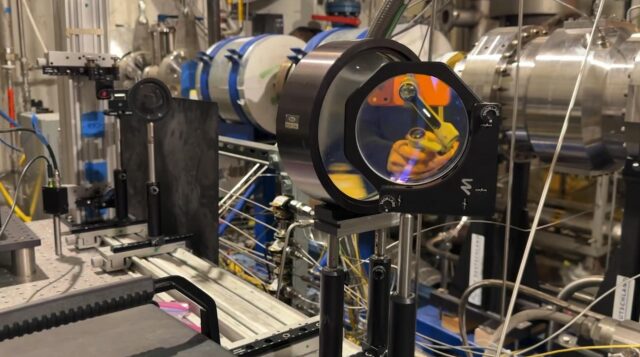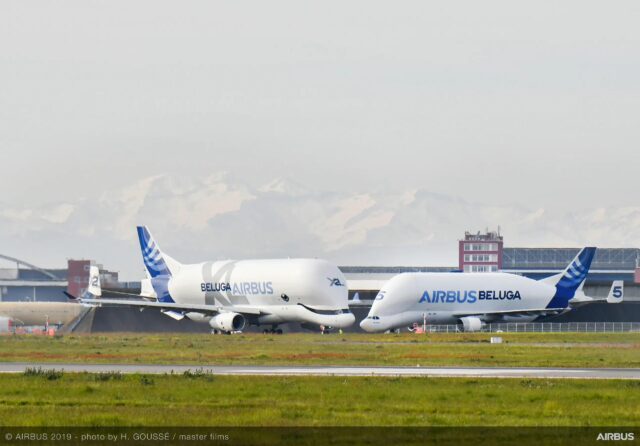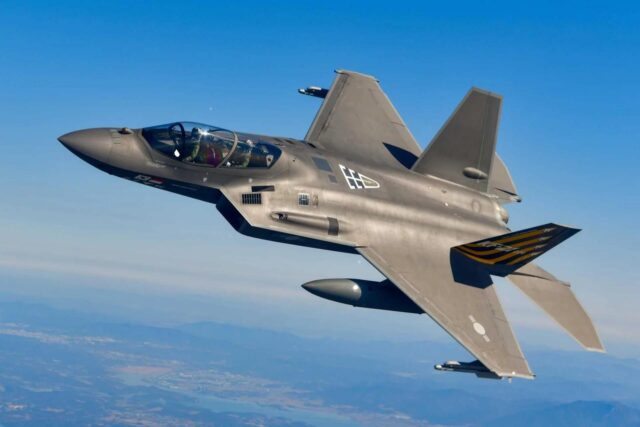Boeing highlights three-pronged sustainability approach
July 22, 2024

Speaking at the Aerospace Global News Theatre at Farnborough International Airshow, Boeing shared technological advances to guide their actions towards a sustainable future. Their three-pronged approach focuses on design, manufacturing and operations. All activities are either in active use or in development with the possibility to scale.
The first element is to drive sustainability through aircraft design. The X-66 is a collaboration between Boeing and NASA as part of the latter’s Sustainable Flight Demonstrator project and is the first X-plane specifically focused on helping the United States reach the net-zero goal. The aircraft features long, thin wings stabilized by diagonal trusses, resulting in up to 30% less fuel consumption and reduced emissions. Wisk Aero’s Generation 6 eVTOL, backed by Boeing and Kitty Hawk Corporation, is another example of intentional sustainable design. The four-passenger air taxi concept is battery powered, emitting no carbon emissions and with a 90-mile range, plus reserves. It is designed to operate autonomously, with remote human oversight for coordination and passenger interaction as needed.
The second strategy prioritises manufacturing automation for higher efficiency and human health, cited Citron. Advances include a mobile autonomous collaborative robot, or a cobot, used for sanding processes and inkjet livery printing, which saves time and ensures worker safety.
Finally, operations sustainability holds the promise of increasing efficiency and enhancing safety. Trajectory-based operations, allowing for the live exchange of flight data to plan routes in real time, ensures accurate arrivals and minimizes holding patterns during periods of high air traffic. Turnaround management for aircraft on the ground, supervised by AI, can save time and money. Citron estimates roughly $2 billion is lost due to turnaround delays. Operational safety aims to avoid aircraft landing accidents using Runway Clear, a machine learning tool to monitor movement on the ground and alert pilots.
These advances, said Citron, are just “a small snippet of the technologies to bring Boeing into the future of aerospace sustainability.”
















